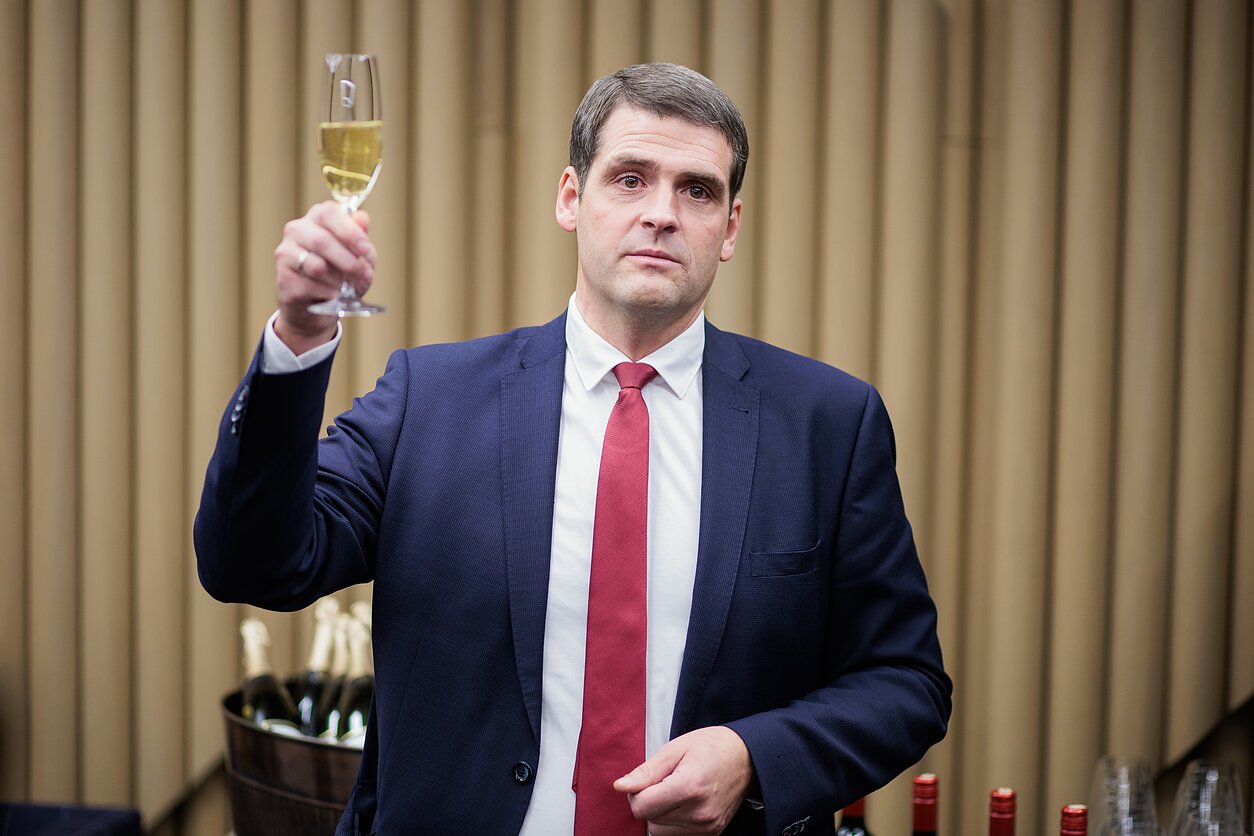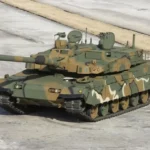In the capital of Lithuania, Vilnius, a large protest took place gathering around 5,000 people near the parliament building. The reason for the protest was citizens’ disagreement with the intention of the Social Democratic Party, which won the elections, to form a coalition agreement with the “Niman’s Star” party. What is it specifically that troubles them?
Protesters chanted slogans against the leader of “Star,” Remigijus Žemaitaitis, accusing him of spreading anti-Semitic content. They called the formation of the government with his participation a “day of shame for Lithuania.”
Scandals surrounding Žemaitaitis
Remigijus Žemaitaitis is one of the most controversial figures in Lithuanian politics. In April of this year, he was forced to resign as a deputy due to the threat of impeachment. The reason was the conclusion of the Constitutional Court of Lithuania, which deemed his statements as breaching the ethics of a deputy.
Against the backdrop of this scandal, his party “Niman’s Star” came under increased public pressure. However, the Social Democratic Party, despite the wave of outrage, decided to discuss the possibility of a coalition with “Star.”
Position of the Prime Minister and Society’s Reaction
The main candidate for the position of prime minister, Gintautas Paluckas, called the protest politically motivated. In his opinion, the action is not aimed at combating anti-Semitism, but at undermining trust in the election results. “Citizens have no reason to be dissatisfied, and the coalition should be given the opportunity to calmly form the government,” he said.
However, society does not share Paluckas’s optimism. According to the protesters, cooperation with Žemaitaitis’s party could damage Lithuania’s reputation on the international stage and escalate internal conflicts.
Ukrainian-Lithuanian Cooperation: Important Context
Despite the political tension in Lithuania, the country continues to actively support Ukraine. Recently, a memorandum was signed on joint production of drones, ammunition, and electronic warfare equipment. This cooperation can strengthen the defense capabilities of both countries and enhance their mutual support in facing external threats.
In addition, the Lithuanian parliament, known as the Seimas, has announced plans to deploy permanent representatives to Ukraine and Germany. This underscores Lithuania’s commitment to strengthening diplomatic and military ties in Europe.
What consequences will this have for Lithuania?
Protests in Vilnius demonstrate how closely society is watching the actions of politicians. Forming a coalition with a party whose reputation is in question could trigger a new wave of dissatisfaction and undermine trust in the government.
Internationally, this could affect Lithuania’s image as a democratic country that upholds European values. If the government ignores the opinion of citizens, it could lead to a political crisis and worsen internal stability.
The protest in Vilnius is a strong indication that Lithuanian society is ready to actively defend its values. While the government insists on the legitimacy of its actions, social pressure may compel politicians to review their decisions. For Ukraine, it is important to continue the partnership with Lithuania, which remains a reliable ally in the fight for freedom and security.


